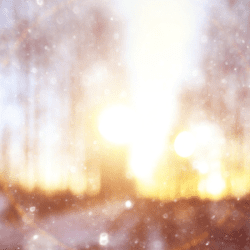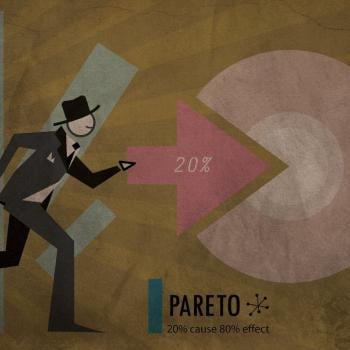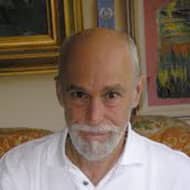Editors' Note: This article is part of the Public Square 2014 Summer Series: Conversations on Religious Trends. Read other perspectives from the Buddhist community here.
This year has witnessed a number of key events regarding women in Buddhism. A groundbreaking anthology, The Hidden Lamp, for instance, weaves the stories of women from all walks of life into an unprecedented panorama, a feminine lineage from the time of the Buddha to today. This summer, a paper on gender equality was rejected by an international symposium of Buddhists, reflecting a growing drift between orthodoxy and modernism in contemporary practice. And so on.
In my own life, I see myself as inseparable yet different from my women teachers, beginning with my mom, of blessed memory. Wendy Johnson co-facilitated my transmission ceremony. Venerable Sister Chân Không was instrumental in my ordination, which was mentored by Lyn Fine, founder of Mindfulness Peacebuilding, and Chau Yoder, High Spirits, plus a dozen nuns. And so on.
If this symposium were a tree, I'd like to move the topic forward by branching out along a different direction from the historical, or at least one that embraces the historical dimension so as to touch the ultimate. The forest and the trees.
Empowerment of women—in Buddhism, as elsewhere—doesn't occur in a vacuum. For example, it parallels an evolving vocabulary, some of which is now commonplace. Social "double standards" can be expressed as a "glass ceiling." And it's commonplace now to use the word "outing," although it originates in the rhetoric of gay liberation, crafted in the 1960s. Consider how many instances where you've outed someone, outed yourself, or been outed, or wished you or someone else hadn't—and consider the connection between these situations and those that gay people routinely face, often with more at stake.
Gender, we learn, too, is not sex. My gender is marked on my birth certificate. My behavior, however, has a rainbow of options. A man can be sensitive without being gay. A woman can be assertive without being butch. Yet consider the acronym, LGBT—lesbian gay bisexual transgender—in which not all the constituents are in solidarity. For the past twenty years now, turf wars occur between some feminists and trannies. Imagine various genders each trying to pull the sheet over to their side of the bed.
So I'd like to open out our frame reference to embrace—via unrehearsed way-seeking mind—a sense of really positive, interconnected possibilities available through practicing inclusivity. Consider, for instance, how gender is not gender. Rather, it's a node in the interpenetration of a variety of categories, acceptance of whose complexities might enable mutual healing.
View our topic through the lens of prajnaparmita, nondual wisdom. For instance, in the community of practice in the tradition of Plum Village and Zen Master Thich Nhat Hanh, transcendence of the boundaries of the delusive self is seen as liberating ourselves from the inferiority complex, the superiority complex, and the equality complex. Meaning, "no complex." It's only in seeing one's self as separate that one compares one's self to these labels. Like they say, labels are for cans, not people.
Just today, the vegetable buyer where I shop told me a vendor gave him a tote bag emblazoned with the motto "Empowering women." And he wondered, "What about me?!" How can inequalities be addressed so all concerned are included? I'm reminded of something Buddhist poet Diane di Prima used to say in the late 1960s, much to the consternation of many feminists: "Women's liberation doesn't occur without men's liberation." Another high point for me in second-wave feminism was Buddhist anthropologist Susan Griffin's multidimensional, across-the-board critiques, beginning with Women and Nature, encompassing men and women, nature and science, history and psychology, poetry and prose, as all of a piece.





